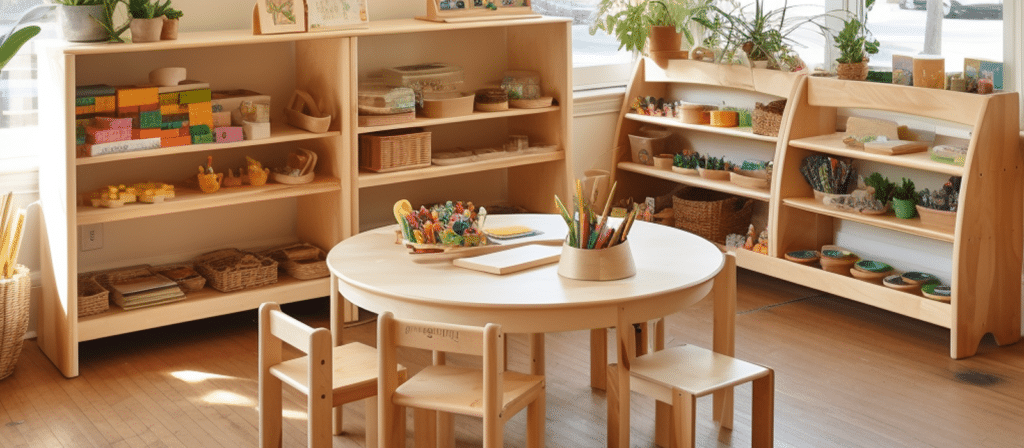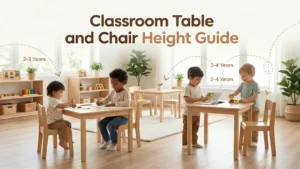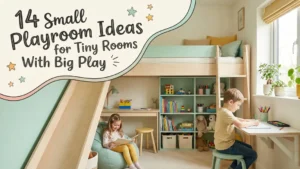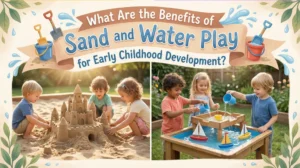Are you looking for daycare furniture that sparks curiosity, fosters creativity, and encourages hands-on learning for your little ones? In a world where children are naturally inclined to explore, learn, and discover, the right furniture can make a significant difference. Let’s dive into the world of daycare furniture designed to inspire young minds and provide them with the perfect environment for exploration.
Daycare Furniture for Hands-On Learning and Exploration is all about providing an immersive and interactive learning environment. From child-sized tables and chairs to versatile storage solutions, this type of furniture is designed with the unique needs of growing minds in mind. It’s an investment in your child’s early education and development, offering them the tools they need to thrive in an environment that promotes independent discovery.
Why is hands-on learning important for young children?
Research has shown that young children learn best through hands-on experiences. When children actively engage with their environment, they develop cognitive, social, and physical skills. By touching, manipulating, and exploring objects, children make connections and learn about cause and effect. Hands-on learning also enhances creativity, critical thinking, and problem-solving skills.
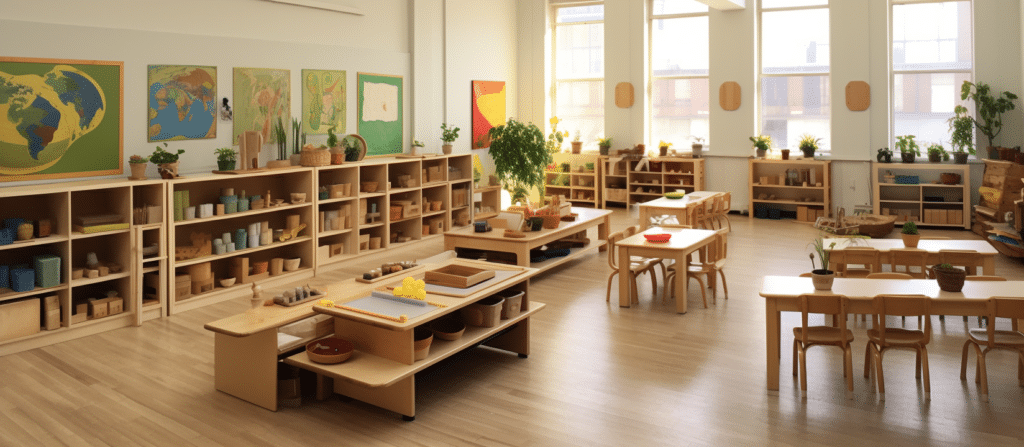
How can daycare furniture support hands-on learning?
Daycare furniture should be designed with the specific needs of young children in mind. It should be sturdy, safe, and easily accessible for little hands. Here are some key considerations when selecting daycare furniture for hands-on learning:
- Flexible Seating: Traditional chairs and tables may not always be the best option for young children. Providing flexible seating options like bean bags, floor cushions, and low tables allows children to choose a comfortable and engaging seating arrangement that suits their needs.
- Storage Solutions: Organized and easily accessible storage is essential for hands-on learning. Having shelves, cubbies, and bins for toys, art supplies, and educational materials promotes independence and encourages children to explore and discover on their own.
- Interactive Learning Stations: Creating dedicated learning stations with purpose-built furniture can greatly enhance hands-on learning experiences. For example, a science station with a child-sized lab table and stools, or an art station with easels and adjustable-height tables, can provide children with opportunities to explore and engage in specific activities.
- Sensory Play Areas: Sensory play is an integral part of hands-on learning. Including furniture and equipment that stimulate the senses, such as sand and water tables, tactile surfaces, and soft play areas, can encourage children to experiment, investigate, and discover the world around them.
- Outdoor Learning Spaces: Outdoor areas are perfect for hands-on learning and exploration. Having age-appropriate outdoor furniture, such as picnic tables, benches, and play structures, allows children to engage with nature, engage in physical activities, and develop gross motor skills.
By providing daycare furniture that supports hands-on learning and exploration, we are creating an environment that sparks curiosity, encourages independence, and promotes a love for learning.
What are some examples of daycare furniture that support hands-on learning and exploration?
- STEM Tables: These tables are specifically designed to enhance science, technology, engineering, and math learning. They often feature built-in storage, adjustable heights, and durable surfaces for hands-on experiments and building projects.
- Art Stations: Furnishing a dedicated art area with easels, storage for art supplies, and child-sized tables and chairs encourages creativity and self-expression. Children can explore different art mediums and techniques, fostering their imagination and fine motor skills.
- Manipulative Centers: Including furniture like shelves, cubbies, and bins in manipulative centers allows children to access and explore a wide range of hands-on learning materials such as puzzles, blocks, and sensory play items. These centers promote problem-solving, spatial awareness, and fine motor development.
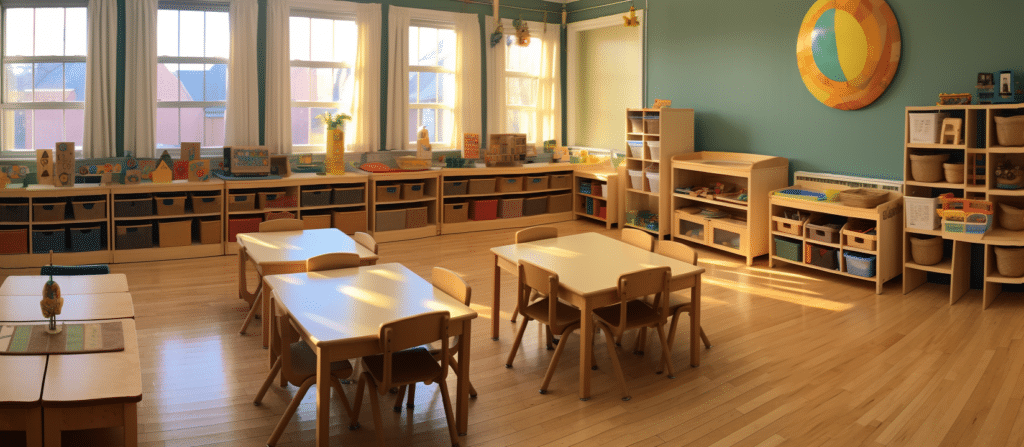
Conclusion
Selecting the right daycare furniture is crucial for creating a hands-on learning environment that promotes exploration and active engagement. By choosing flexible seating options, providing ample storage, creating interactive learning stations, incorporating sensory play areas, and designing outdoor learning spaces, we can enhance the learning experience for young children in daycare centers.

